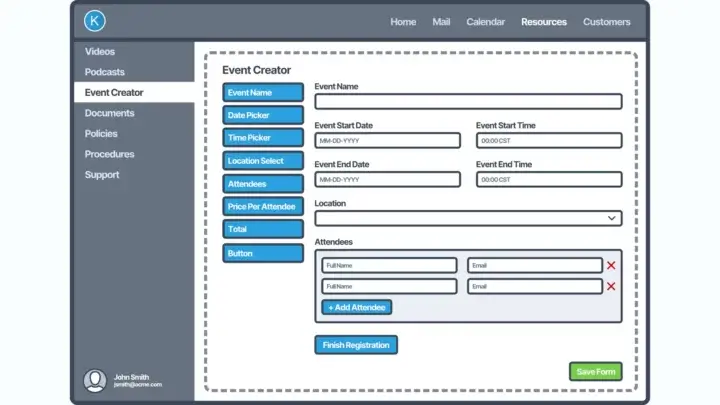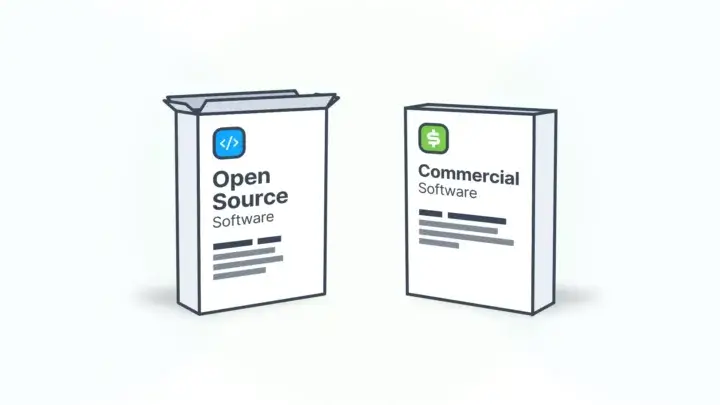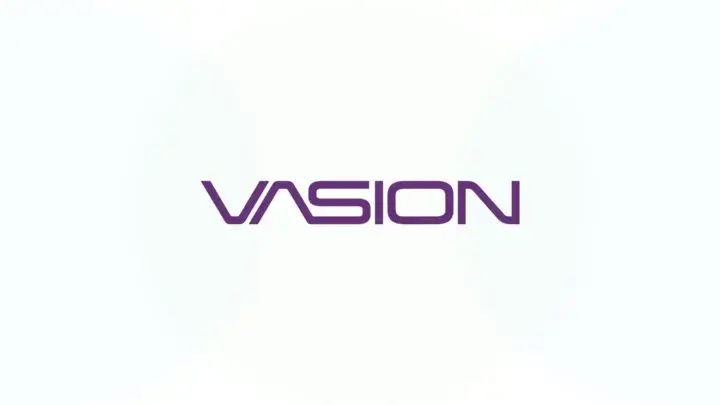“I just want this to get out of my way.”
You know what I’m talking about, right? Things like:
- Using a new app, but you can’t proceed until you click through the popup tutorial boxes
- Productivity apps in general that promise to save you time, but end up costing you more
- Trying to pay a bill on an archaic system where the one thing you need is buried under 3 menus—you’d think they’d make it easier for them to take your money.
- Any tool that only does half the job forcing you to manually finish it, which took more time than if you had done the whole thing manually.
They’re In Your Way
That’s what the landscape is like right now with application development platforms (ADPs) and other low-code/no-code business process tools.
Maybe you’re already using one because they seemed like less of an investment than developing something in-house, with developers and code, but they still got in your way.
What do I mean? One of two things has happened:
- It actually did save you time and/or money—up front, but you’re stuck with:
- Price increases that scale up as you use it more, which means the price tag is in your way, OR
- Technologies that you can’t easily change are in your way, that make it time-consuming and costly to change if you ever need to, even if you only need to change one part of your solution.
- The software solution is complex, it took more time and money to implement than if you had coded it in-house, and it had a steep learning curve—all of which got in your way.
Or they have some niche limitation that’s in your way, like a limited number of 3rd-party integrations in a drop-down box and you’re just waiting for them to add the ONE tool you need.
I’ve already seen people asking “Should I become an [application development platform (ADP)] specialist?” There are entire platforms that create job ecosystems around themselves—because of their complexities. They get in your way.
They’re supposed to make things easier, not require new job roles to help you run them. That goes beyond mere technical lock-in.
Developer-First AND No-Code / Low-Code Platform Benefits
Here’s the thing though.
Your developers and IT people are the ones who are ultimately responsible for keeping things running.
What if you could buy a solution that puts IT and developers first? “What does that look like?” you might ask.
It’s a Pro-Code / Low-code platform that:
- Leverages drag-and-drop forms, not just for the user-facing elements of your app, but also to structure and manage your database for your app
- Integrates with anything, even legacy systems, because it’s API-driven
- It’s deployed in your environment so any potential security or compliance requirements are irrelevant
- It uses your tech stack your development and IT teams are already familiar with
Plus, the price doesn’t scale up just because you use it more.
That’s what Form.io does. It’s total flexibility for building your next business process application.
BUT there’s still a cost. It’s still not for everyone.
What’s The Catch?
A low-code/no-code ADP, in the traditional sense, is a tool that will enable a non-developer to build an application, without coding, but with one or more of the above mentioned strings attached.
Form.io is NOT an ADP in this sense. Your developers will still build the business process app(s) that you need.
There will be coding.
But…
- When it comes time to build ALL your forms, no matter how complex, a non-developer can do that with drag and drop.
- When it comes time to modify a form that’s in production, a non-developer can also do that
- When it comes time to integrate that one 3rd-party microservice or legacy system, you can send the data to its API from Form.io, or you can pull the data through Form.io’s API—whichever way you want.
- When it comes time to configure how your data will be stored and organized, could a non-developer do that? Theoretically, yes because you’re still just dragging and dropping forms.
- Every form is an API. Every field is an API. Every submission is an API.
Again, the flexibility.
Because the only strings attached that you want are the API strings.

















